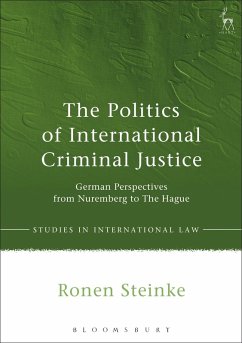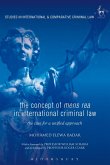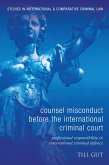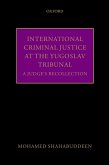To anyone setting out to explore the entanglement of international criminal justice with the interests of States, Germany is a particularly curious, exemplary case. Although a liberal democracy since 1949, its political position has altered radically in the last 60 years. Starting from a position of harsh scepticism in the years following the Nuremberg Trials, and opening up to the rationales of international criminal justice only slowly - and then mainly in the context of domestic trials against functionaries of the former East German regime after 1990 - Germany is today one of the most active supporters of the International Criminal Court. The climax of this is its campaigning to make the ICC independent of the UN Security Council - a debate in which Germany took a position in stark contrast to the United States. This book offers new insight into the debates leading up to such policy shifts. Drawing on government documents and interviews with policymakers, it enriches a broader debate on the politics of international criminal justice which has to date often been focused primarily on the United States.
Bitte wählen Sie Ihr Anliegen aus.
Rechnungen
Retourenschein anfordern
Bestellstatus
Storno









